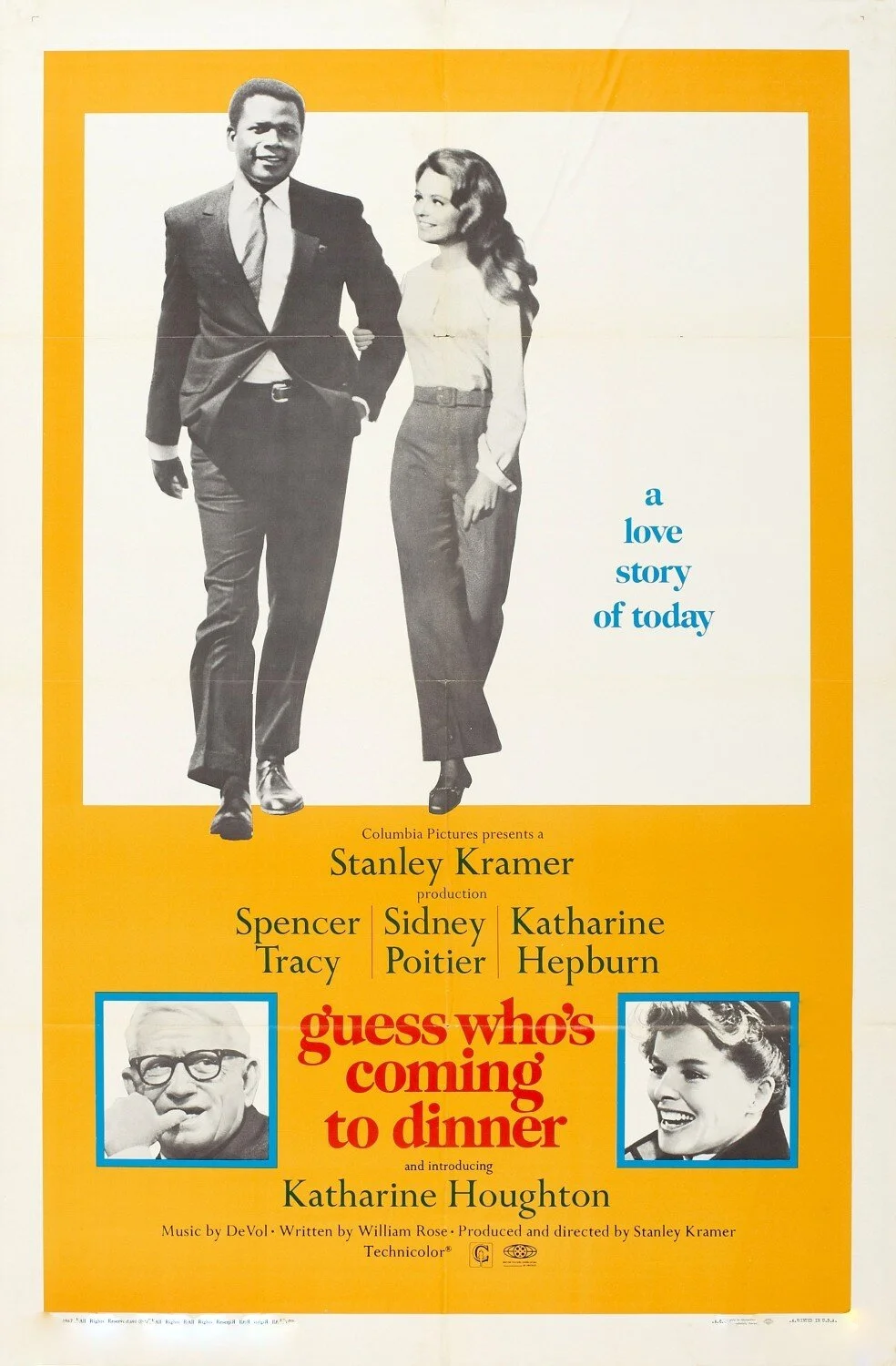The Graduate (1967)
Written by Calder Willingham & Buck Henry
Directed by Mike Nichols
1998 List Ranking: 7
2007 List Ranking: 17
I first got the idea to watch the American Film Institute’s Top 100 List probably around the time the updated list was being released in 2007. I really can’t explain where the idea came from, other than a burgeoning love and appreciation for cinema and a desire to know and have watched “the classics” (around this same time I decided to read the Barnes and Noble list of classic books as well, which I am still working on (and most definitely NOT reviewing)). Being a fan of lists (obviously) and completing items on that list in a random order, I randomly chose The Graduate as the first film that I would watch.
And that’s probably the reason I didn’t go any further than that first film on that attempt to watch the list.
I think The Graduate is a movie of its time. Released in 1967, this film begins to show the malaise of the next generation, their disenfranchisement with the establishment and the uncertainty of the future. It’s the beginning and evolution of the counterculture movement, so from a historical standpoint, it’s somewhat interesting. It’s also just…not a great movie.
“You’re trying to seduce me”
The graduate of the title is Ben Braddock, played by Dustin Hoffman, who returns to California after graduating from college on the East Coast. Sullen and apathetic, Ben has no general aim in life and is disinterested in the options being presented to him by his (from his perspective) out-of-touch parents and their friends. His summer perks up considerably when Mrs. Robinson (Anne Bancroft), a friend of his parents, seduces him. Exciting at first, their affair begins fraying when Ben desires more than just a romp in a hotel bed; against Mrs. Robinson’s wishes, Ben begins to date her daughter Elaine (Katharine Ross), putting pressure on everyone involved.
Dustin Hoffman as Ben
I like Dustin Hoffman as an actor, even if he is (allegedly) difficult to work with. Unfortunately, however, here he really isn’t given a lot to work with: it’s hard to make apathetic look interesting. He spends much of his time being aloof and awkward, which is interesting for a little while, but then grows tiresome and boring. His burst of passion in the third act for Elaine is jarringly left-field for him, and just as quickly grows wearisome and annoying in its own right. His reasons for being rude and disinterested are never clearly stated, which I suppose might be part of the point: is it the counterculture attitude? Did something happen? Is he just a jerk? It certainly could promote some further discussion, if Hoffman hadn’t gone so far off the rails to just be dislikable.
Anne Bancroft as Mrs. Robinson
As Mrs. Robinson, Anne Bancroft is much more interesting, and she certainly has an instantly magnetic quality throughout the film. Unlike Hoffman, who seems blank behind his eyes through most of the film, Bancroft can be seen constantly calculating and plotting, particularly in the various scenes leading up to their first tryst. Like other things in the movie, her reasons for Ben not to date Elaine are never fully explained in any great detail (I choose to believe it’s a jealousy thing), but she does a great job of seamlessly becoming the film’s antagonist.
Elaine and Ben realize what they’ve done
I think this film is another example of a thin premise not having the story to support it: it’s as if someone said, “Hey! What if this young guy gets seduced by an older woman? THAT will get guys into seats!”, and then not really having anything else beyond that: whatever thematic statement it is attempting to make (exemplified by its final shot on the bus, as (SPOILER ALERT) Ben and Elaine escape her parents and their joy at successfully running away together slowly turns to uncertainty (the shot is nearly as famous as the more infamous under-the-leg shot of Hoffman)) is so subtle that it borders on non-existent. I don’t need a film to hit me over the head with THIS IS THE THEME, Y’ALL, but this film seems like it WANTS to make a statement but is scared of saying it outright.
There are also some strange technical choices used in the film: first, there are quite a few intense zoom ins and zoom outs; it sometimes feels like they couldn’t afford to physically move the camera, so they just zoom in in order to save on an edit. A notable example of this is Hoffman waiting on the campus of Berkley for Elaine. He looks over his shoulder and, by way of an intense zoom in, spots Elaine across a crowded courtyard. It feels unnecessary and amateurish. Also, I really need someone to explain to me just WHY the score essentially needs to consist of THREE Simon and Garfunkel songs? “Hello darkness, my old friend…” became so irritating that I may have begun to hate the movie solely for that. The three songs are tangentially related to the film (unless they’re connected to the film’s mysterious theme), and they play CONSTANTLY.
I didn’t like this film when I watched it all those years ago, and while I tried to go into this viewing with a slightly more open mind, I still found the film lacking in…nearly everything. I would genuinely welcome some respectful discussion about good things about the film, because I can’t seem to find a whole lot, other than Anne Bancroft’s excellent performance.
FINAL GRADE: C-






